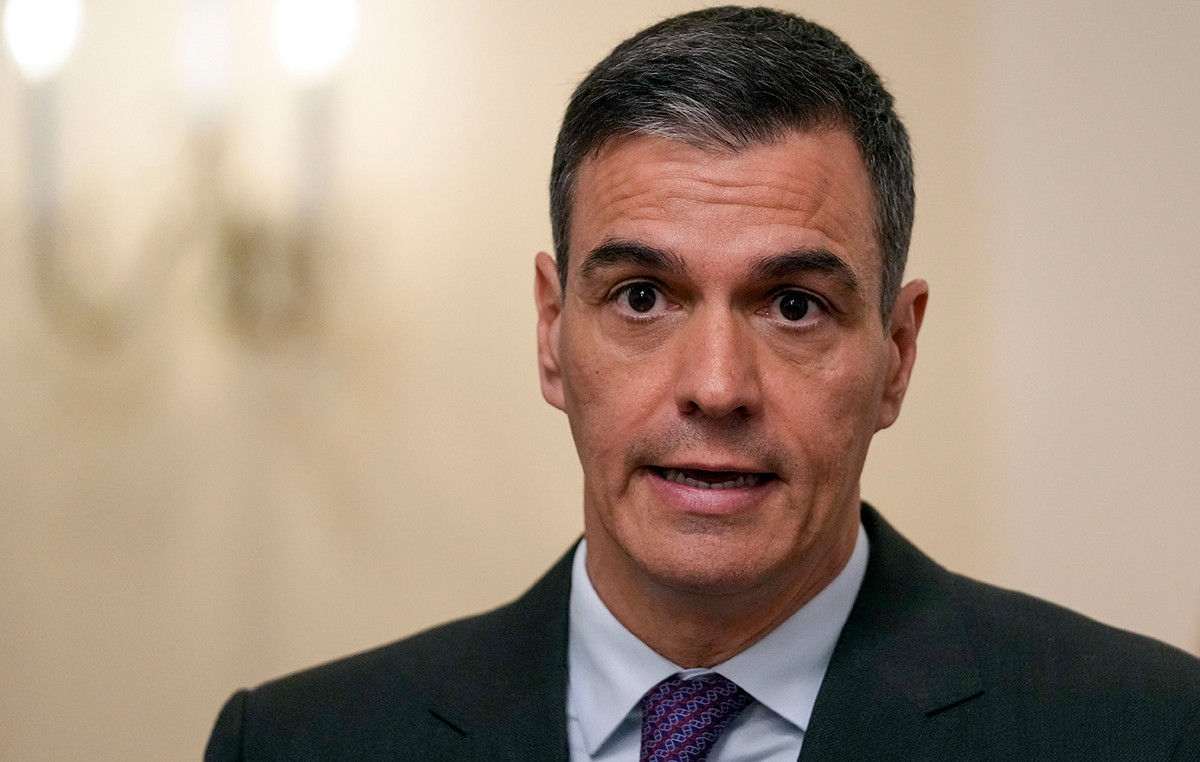Summer has distinguished itself with two bad news affairs concerning the non -consensual sharing of intimate onlin photos. First the complaint and then the closure of the Facebook group My wifewith its 32 thousand subscribers. Then Phica.euthe pornographic forum that for years has collected and sexualized photos of hundreds of women – famous and not – without any consent, reported by Alessandra Moretti. Two cases that have made noise, and who have shown a truth as simple as it is frightening: private images can end online for revengeporn or to do sexting. For some years there has been a concrete possibility of defending itself, before the damage is done, but also after, through various tools. Here’s how to do if the intimate photos end online without consent.
If you took an intimate photo and regretted or regretted
At the preventive level, the Guarantor for the protection of personal data It has introduced a preventive tool that reduces the risk that intimate images – those with sexually explicit content – be spread on the main social platforms. In practice, those who fear that their own photo or an intimate video can circulate without consent for the most varied reasons, can directly contact the Privacy Guarantor through a preventive request. The procedure is simple: you access the official site Through Spid or electronic identity card, the dedicated form is compiled and it is indicated where it is feared that that material may end.
It is necessary to send a copy of the content in question. At that point the image is “translated” into a Hash code: an alphanumeric sequence that uniquely identifies that content. This hash is transmitted to the platforms, which are obliged to prevent that same image from being loaded.
If the contents are already online: how to remedy
Anyone, from 14 years of age, who has reason to believe that audio recordings, images or videos with sexually explicit content, intended to remain private, have been disseminated without consent can report it to the guarantor through the dedicated form on the official website, through This link.
It is a non-profit association that offers free technological and legal support to the victims of non-consensual pornography, online violence and hatred attacks. A team made up of cybersecurity experts, lawyers and criminologists assist the victims (women and men) free of charge in the identification, reporting and removal of content from the main platforms. The association responds within a few hours, in Italian, English, Arabic and Spanish, and also helps to create Digital evidence valid in court (Screenshots from the mobile phone often are not enough). The link is here.
Google, Microsoft and Facebook have adopted a zero tolerance policy towards these phenomena, with response times that vary between 24 and 72 hours. On Google, in particular, there is a procedure for removing personal contents of a sexual nature from Google research (Here the link). More complex, however, reporting to platforms such as X (ex Twitter), Telegram and several pornographic sites, although some of these, such as Pornhub, include signaling form.
A tip to do sexing on WhatsApp, Facebook Messenger and Instagram is worth: through the “ephemeral messages” option, the content will be deleted from the chat once the recipient has opened it, displayed and finally closed it.
Remember: re-condivision is also a crime
The excuses of the “I didn’t think” type, “I didn’t believe” are not enough. Immaturity is not an alibi or justification. Since 2019, with the Red codethe Revenge Porn is a crime in all respects: the planned penalty is the imprisonment from one to six years and one fine from 5,000 to 15,000 euros. The law punishes not only those who subtract photos and videos, but also those who – who came into possession of those content – contribute to spreading them.
Source: Vanity Fair
I’m Susan Karen, a professional writer and editor at World Stock Market. I specialize in Entertainment news, writing stories that keep readers informed on all the latest developments in the industry. With over five years of experience in creating engaging content and copywriting for various media outlets, I have grown to become an invaluable asset to any team.







